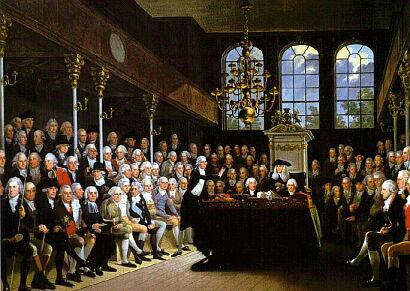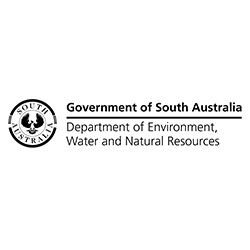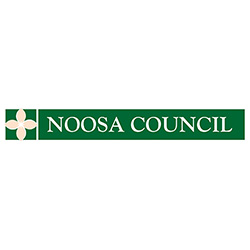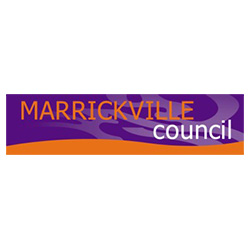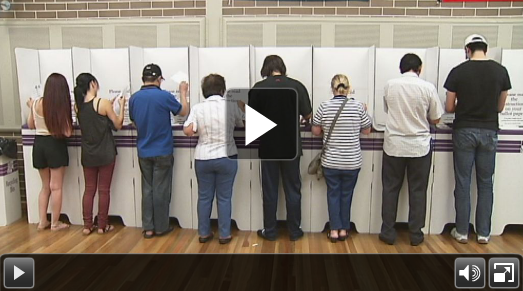Speech to Nexus Australian Youth Summit, Melbourne, 27 October 2014. (extract) Here’s the so-called ‘Mother of all Parliaments’, with William Pitt the Younger, as Prime Minister, addressing the House. At the same time in 1774, the American Founding Fathers did deliberate on alternative models for their Congress, especially the Athenian model, which had virtually no...
Library
South Australian Minister for the Environment (2014)
Who Pays? Agreeing Fair Shares in Infrastructure Funding (South Eastern Drainage) Many government decisions fall into the category where all avenues of action are open to criticism from some interested party. This is especially the case where it is viewed that “the government should pay” – and more so when government has historically done so....Continue reading
Noosa Community Jury (2014)
In 2013 Noosa Shire Council de-amalgamated from Sunshine Coast, with the elected representatives ascribing their electoral success (and that of de-amalgamation) to their position of putting more decision making in the hands of the local community. In 2014 newDemocracy was approached to provide advice on structures and processes which could deliver on that commitment. The...
Radio National Future Tense. Citizens juries and deliberative democracy
Sunday 28 September 2014. Presented by Anthony Funnell There’s a growing public disenchantment with democracy and the modern political process. So, here’s a solution: citizens’ juries—ordinary people who are given the information and training to make decisions on civic issues. It’s all part of an approach known as deliberative democracy, aiming to build stronger and...Continue reading
Marrickville Infrastructure Jury (2014)
Like many councils across the country, Marrickville Council face the challenging problem of renewing a vast portfolio of aging capital assets – from roads, to parks, to pavements, stormwater drains and beyond. There are also new assets the council may wish to build such as cycleways and greening initiatives to be factored in – while...
Darebin: Jury allocates cash
RESIDENTS HAVE SAY ON COUNCIL SPENDING On Preston Leader, Melbourne by Julia Irwin ADDRESSING disadvantage was a priority for Dare- bin’s first citizens’ jury when it delivered its verdict on how to spend $2 million from the city’s budget. Darebin is believed to be the first council in Victoria to introduce participatory budgeting, which gives resi-...Continue reading
ABC LATELINE: Voters should have more say in policy
Australian Broadcasting Corporation | Broadcast: 02/09/2014 | Reporter: Margot O’Neill Australians could be encouraged to re-engage with the political system if they were given more say in big policy decisions. CLICK HERE FOR THE FULL REPORT AND VIDEO
Darebin’s citizen jury calls for Preston community house
The Weekly Review Melbourne Times. By Sian Watkins| 10:08:AM 02/09/2014 A group of Darebin residents given $2 million by Darebin Council have recommended that it be spent on establishing a community house in East Preston and improving the hilltop area of All Nations Park. The “citizens’ jury” also recommended that the council install exercise equipment...
For democracy’s sake, give power to the people
Nicholas Reece, THE AGE, 1 September 2014. A radical experiment in democracy has begun at Melbourne Town Hall. But it does not involve online activism, marching in the streets, or the Occupy Movement. Instead it draws on the earliest democratic traditions together with some new thinking from social scientists to trial a new approach to...

